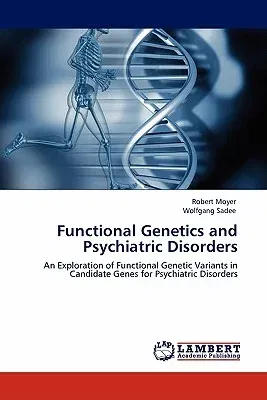Robert Moyer
(Author)Functional Genetics and Psychiatric DisordersPaperback, 21 June 2011

Qty
1
Turbo
Ships in 2 - 3 days
In Stock
Free Delivery
Cash on Delivery
15 Days
Free Returns
Secure Checkout
Print Length
96 pages
Language
English
Publisher
LAP Lambert Academic Publishing
Date Published
21 Jun 2011
ISBN-10
3844384162
ISBN-13
9783844384161
Description
Product Details
Authors:
Book Format:
Paperback
Country of Origin:
US
Date Published:
21 June 2011
Dimensions:
22.86 x
15.24 x
0.58 cm
ISBN-10:
3844384162
ISBN-13:
9783844384161
Language:
English
Location:
Saarbrucken
Pages:
96
Publisher:
Weight:
149.69 gm

